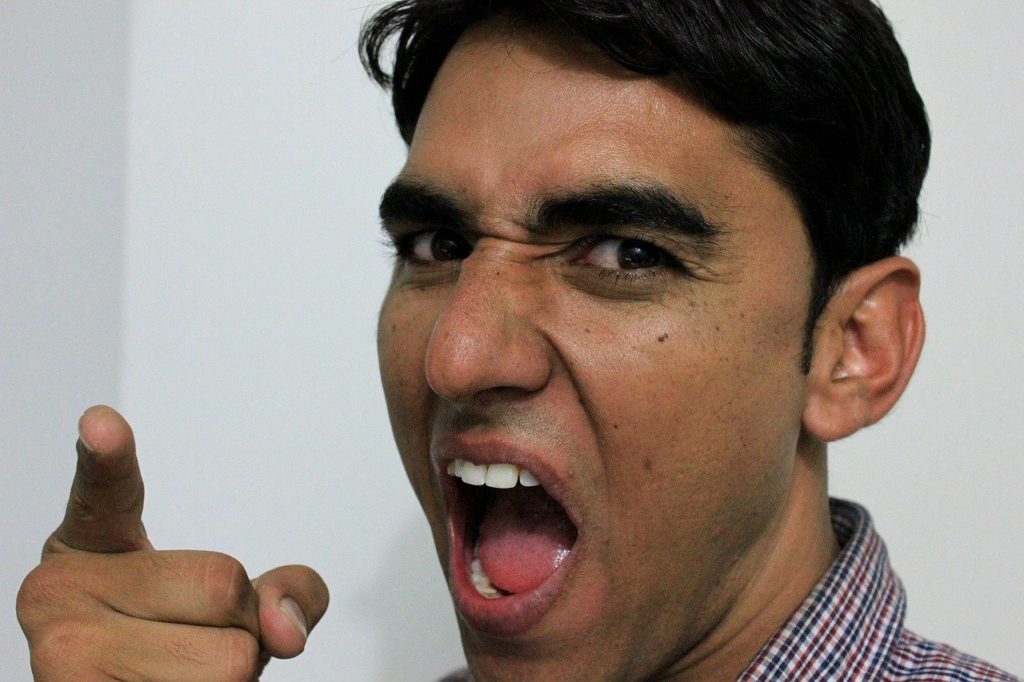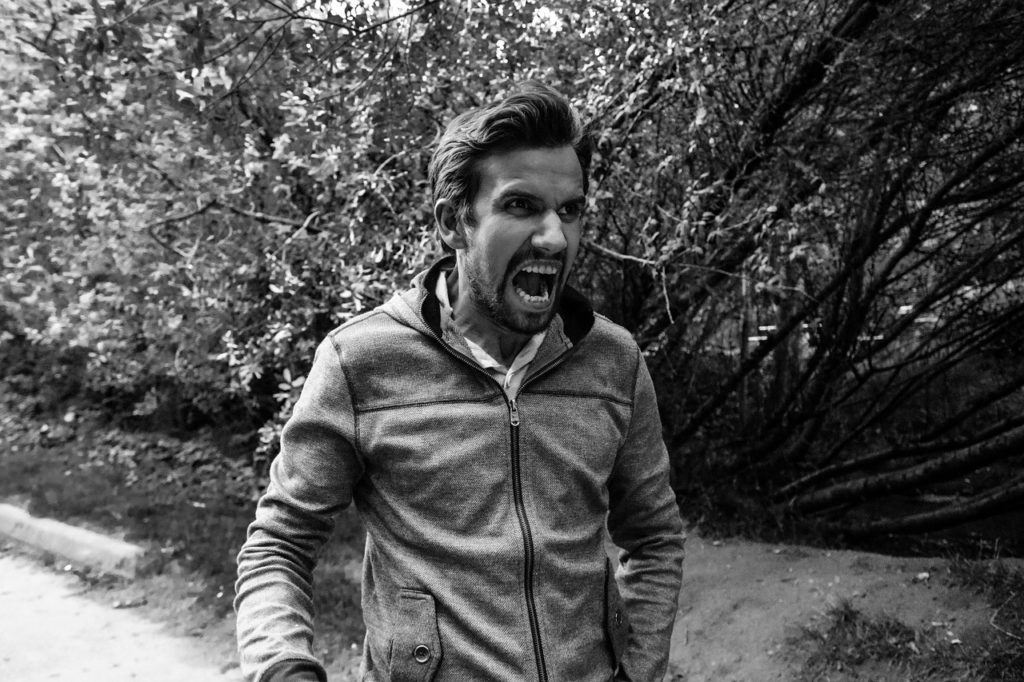The teenage years get a lot of attention for being a difficult time in our children’s lives. What many fail to mention is that young adulthood can be just at difficult, if not more difficult, to navigate. If you’re dealing with a 23-year-old son that’s angry all the time, it’s our job as parents to support him.
Anger is a dangerous emotion, especially when it’s not dealt with properly.
At the end of the day, we can only do some much as parents. Especially once our children become adults it makes it more difficult for us to influence real change in their life.
Follow the advice below but just know you may need the help of a professional. Getting your son to seek out professional help can be difficult. The good news is there is even therapy offered online.
The point is, this is likely a difficult time for your son and he shouldn’t have to go through this alone.

Diagnose the cause of your adult son’s Anger
The first step to helping your son with his anger is diagnosing the source of the anger. If you’re lucky, it’ll be clear why your son is experiencing this emotion.
Really take a closer look at the situation. Is the anger new? Have there been any major changes in his life? Anger usually does not come out of nowhere.
Chances are, there is a lot going on in your 23-year-old son’s life that you’re not privy to. That’s actually normal. I’d be more concerned if you did know every detail about his life.
Most parents’ first instinct is to try to snoop around to diagnose the issue. That’ll do more harm than good. If your son catches you, he’ll lose trust in you. If you find something, you won’t be able to talk about it because of the way you found the information.
When to Get Involved
In most cases, the best course of action is to be as supportive as you can while he works through this on his own. Getting too involved can exacerbate his anger or even worse, he’ll channel it towards you.
There are some situations in which it makes sense for the parent to get involved. These include but are not limited to the following:
- Your son is in danger of hurting himself or others.
- You suspect he is experiancing mental health issues.
- You suspect he is under the influence of drugs or alchol.
- He is being abused by family, friends, or a partner.
If you suspect your adult child is experiencing any one of these, contact the correct organization for support immediately. You are likely not equipped to handle this on your own.
It’s tough to see our children go through this and it is very tempting to get involved. At that age, it’s not our job to hold their hand anymore unless the situation is dire enough to warrant it.
Talk With Him
Although it can be difficult to have a conversation with a 23-year-old that’s angry, you should have a conversation with your son about his anger.
Don’t be surprised if he shuts down the conversation before it even starts. It is not common for men at that age to confide in their parents.
It doesn’t hurt to try. Be open and honest with him about the changes you are seeing in his behavior and see what he says. This conversation might trigger his anger again so proceed with caution.

A Reality Check: You May Never Know
Even if your angry 23-year-old son lives with you, he is an adult now. As long as he isn’t being destructive physically or emotionally, he is allowed to be angry.
We can’t force our kids to tell us what’s wrong (especially at that age). If you don’t have any serious concerns about him or others around him, let him work it out on his own. You won’t always be there to hold his hands through these kinds of things.
Life will always have ups and downs. If he is going through a down part of life so be it. He will come out stronger unless you go fix the problem for him.
In a vast majority of cases, it is just best to leave your son alone to recalibrate his emotions and only interfere if you are worried for his safety.
A common mistake parents make is trying too hard to get involved in their adult child’s life. This not only pushes them further away but can direct his anger towards you. Learning to deal with emotion is a critical part of adulthood.
He’s an adult now that is responsible for dealing with his emotions how he sees fit.
Final Thoughts on an Angry 23-year-old
It can be difficult to see your child go through difficult times. Especially when they become adults, we feel powerless to help them because, in reality, we are.
I’m sure you remember what it’s like to be 23. Everyone is expecting you to start getting your life together but you still don’t know what that looks like. I’m surprised not all 23-year-olds are angry.
The best thing you can do for your son is be there for him. That doesn’t mean annoying him to tell you what’s wrong, it means providing a positive environment for him.
Don’t be just another part of his life that causes him stress. Hear him out if he is open to talking but being there for someone is much more than words.
